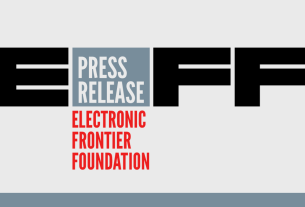The U.S. Department of Defense has escalated its crackdown on Chinese entities with ties to the country’s military, adding key players to a growing blacklist. Among the latest companies targeted are the electric vehicle (EV) battery giant CATL (Contemporary Amperex Technology Co. Limited) and the prominent social media company Tencent.
CATL, a dominant force in the EV battery market with a 38% global share, faces accusations of contributing to China’s military ambitions, although the company denies these claims. The Pentagon’s decision to place CATL on its blacklist is part of a broader effort to restrict Chinese companies suspected of fueling military-related activities, especially as the U.S. eyes a future of reduced reliance on Chinese technology.
The move has already had significant economic repercussions. CATL’s stock value experienced a sharp decline following the announcement, signaling investor concerns over the growing geopolitical tensions. The company maintains that its business operations are separate from any military endeavors, defending its position against these allegations.
Tencent, known for its popular gaming platform and social media services, was also included in the U.S. blacklist, along with several other Chinese firms. Among them are Changxin Memory Technologies, a semiconductor manufacturer, drone maker Autel Robotics, and Quectel Wireless, a producer of IT equipment. The inclusion of these companies reflects broader U.S. concerns about China’s influence in advanced technologies, particularly in areas like semiconductors, drones, and communications.
This latest move is part of a broader U.S. strategy aimed at reducing China’s access to critical technologies and its capacity to expand military capabilities. The U.S. has been taking aggressive steps to ensure that key sectors such as EV manufacturing, semiconductors, and telecommunications remain out of Chinese control, as part of its broader “decoupling” efforts.
While these actions have sparked heated debates, with some claiming they could harm global trade and disrupt supply chains, the U.S. government’s stance is clear: national security interests will take precedence.
In the coming years, the U.S. is expected to continue its efforts to limit Chinese influence in critical industries, with significant implications for both global markets and geopolitical dynamics.
Sources:
- Financial Times, U.S. Department of Defense reports.



